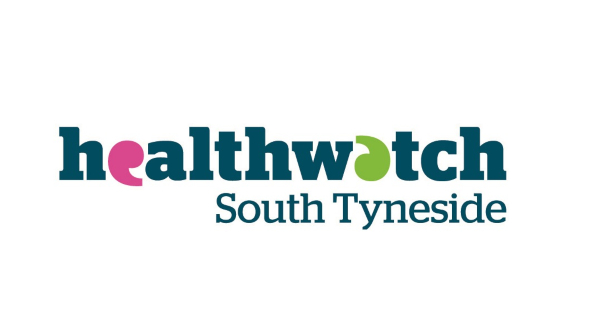This website uses cookies so that we can provide you with the best user experience possible. Cookie information is stored in your browser and performs functions such as recognising you when you return to our website and helping our team to understand which sections of the website you find most interesting and useful.
About us
Social Enterprise Mark CIC is an award-winning international social enterprise accreditation authority, which recognises and builds the capabilities of social enterprises as competitive, sustainable businesses, dedicated to maximising social impact.
We provide clear standards to assure the business model remains ethical, credible and commercial.

Quick Links
- What is the Aspiring Social Enterprise accreditation?
- What is the Social Enterprise Mark?
- What is the Social Enterprise Silver Mark?
- What is the Social Enterprise Gold Mark?
- What is the Disability Employment Mark?
- Register your interest
- Key benefits of accreditation
- Social Enterprise Mark Ambassadors
- Resources
- Licence terms & conditions
- Find a social enterprise
- News and events
- Contact us
- Privacy Policy
- Accreditation Panel forum




Leave a Reply
Want to join the discussion?Feel free to contribute!